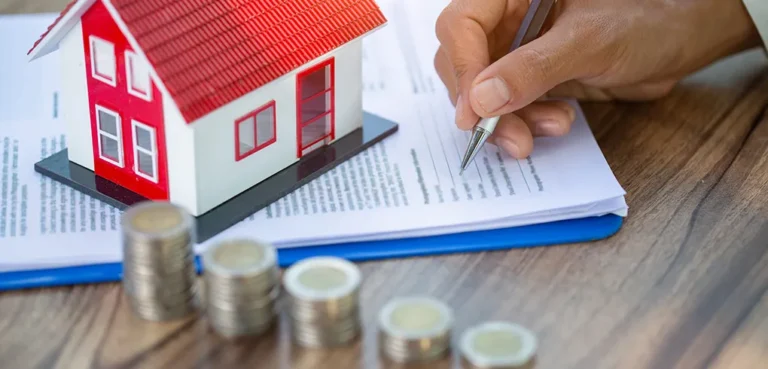Mortgage lenders are concerned with the length of the lease because it directly affects the value and marketability of the property. A shorter lease term means that the property’s value decreases over time, as the lease approaches its expiration date. Additionally, properties with shorter leases may be less desirable to potential buyers, making them more challenging to sell in the future. From the lender’s perspective, a property with a short lease presents a higher risk, as it may be more difficult to recover their investment if the borrower defaults on the mortgage. Therefore, mortgage lenders typically prefer properties with longer lease terms, as they provide greater security and stability for both the borrower and the lender.
When it comes to leasehold properties, the length of the lease is likely to be the biggest factor in whether you can get a mortgage. Most lenders will want 60 to 80 years remaining on the property lease from when the mortgage term has finished. The lender will want to ensure that if you default on your mortgage, they aren’t left with a property worth less than the original mortgage loan. After all, a property with a long leasehold (for example, 500 years) is likely to be worth considerably more than a property with a term of just 20 years.
If the leasehold property you want to buy has a short lease, you may be able to ask the seller to extend the lease term before they sell the property. This should make it much easier for you to get a mortgage and increase its value.

